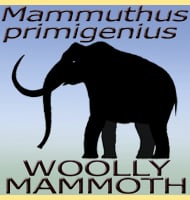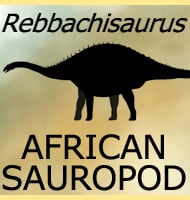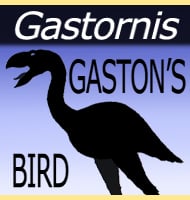In Depth
The holotype fossil of a partial jaw of Regnosaurus was recovered by Gideon Mantell who considered it to belong to an unknown large prehistoric animal. Mantell would later name his animal Igaunodon, though it was still referred to as a big lizard since the word dinosaur had still not been invented. Mantell realised that he had made a mistake when the real jaws of Igaunodon began to be recovered and so created the genus Regnosaurus.
So far the only definitive fossil of Regnosaurus is the original jaw bone and this is why the genus today is considered a nomen dubium. Unless remains that include an identical jaw segment are ever found, it is impossible to assign any further fossil discoveries to this genus. This is why even though isolated remains which have been considered to belong to the genus are not officially declared to be a part of it; the validity of the remains simply can’t be proven.
Usually Regnosaurus is interpreted as being part of a stegosaur, perhaps even being closely related to ones like Huayangosaurus, making it a huayanosaurid. Other palaeontologists have had different opinions about the specimens in the past however, with John Ostrom thinking that it might be a sauropod, to even Alfred Romer thinking that it should be a synonym to Hylaeosaurus, one of the three dinosaurs (the others being Igaunodon and Megalosaurus) that were used by Richard Owen to define the Dinosauria in 1842.
Further Reading
- Memoir on a portion of the lower jaw of the Iguanodon, and on the remains of the Hyl�osaurus and other Saurians, discovered in the Strata of Tilgate Forest, in Sussex, Gideon Mantell - 1841. - On the structure of the jaws and teeth of the Iguanodon, Gideon Mantell - 1848.









